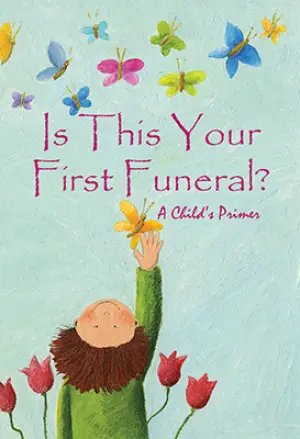Book Review: The Seventh Son by Sebastian Faulks
Reflecting on Nature and Nurture
As a long-time admirer of Sebastian Faulks, I was both eager and apprehensive to dive into The Seventh Son. After all, how could the man who crafted the heartbreaking narrative of Birdsong transport us to a dystopian future filled with hybrids and existential musings? His latest offering piqued my curiosity, particularly given his keen interest in the mechanics of the human brain. However, I found myself grappling with the question: can thought-provoking themes exist harmoniously within a coherent and engaging narrative?
Plot Dynamics and Character Development
At the heart of The Seventh Son is Seth, a "Son of Man" conceived in a laboratory by the ambitious and self-involved tech mogul, Lukas Parn. As I followed the trajectory of Seth’s life and that of his surrogate mother, Talissa Adam, throughout a dystopian future, I was unfortunately less drawn in than I hoped to be. Although Faulks introduces fascinating themes—such as the ethical implications of billionaires playing god and the disconnect between modern journalism and truth—these intellectual threads often felt detached from the characters.
Seth and Talissa lacked the vibrancy needed to invest readers emotionally in their journeys. I found myself struggling to connect with their complexities, which were supposed to carry the weight of both plot and theme. The narrative’s frequent jumps in timeline added to the disarray, leaving me bewildered rather than engaged. The exploration of anthropology in unlocking the secrets of human consciousness never quite lifted off, often leading to moments that felt both clumsy and ungrounded.
Writing Style and Pacing
Faulks has a distinctive flair for prose that I’ve loved in his historical novels. However, I sensed a disconnect in his attempt to weave science fiction themes into his style in this work. The pacing earlier felt sluggish, and despite a trove of interesting ideas, they were inadequately supported by the narrative’s structure. I couldn’t help but feel nostalgic for the Faulks who painted such beautiful, vivid portrayals of human emotion against historical backdrops.
A memorable line from the book, “No one can play God. Not even rich men,” resonated deeply. It captured the essence of our struggles with morality in a world increasingly defined by technological advances and wealth disparity. Yet, without harmonious character development to lend that quote depth, it lingered rather than blossomed.
Final Thoughts
So where does this leave The Seventh Son? While I admire Faulks’ continued exploration of the human psyche, the execution of his ambitious ideas here felt lackluster. If you’re intrigued by speculative fiction entwined with philosophical inquiries and are willing to overlook its narrative shortcomings, this book might still offer you some food for thought. However, if you’re seeking the emotional engagement found in Faulks’ earlier works, this one may leave you wanting.
Ultimately, this reading experience was one of reflection, reminding me both of Faulks’s brilliance and the varying paths an author’s interests can take. I’ll be eagerly anticipating where his literary adventures might lead next, hoping for a return to the rich storytelling that captured my heart in Birdsong.
Discover more about The Seventh Son on GoodReads >>



